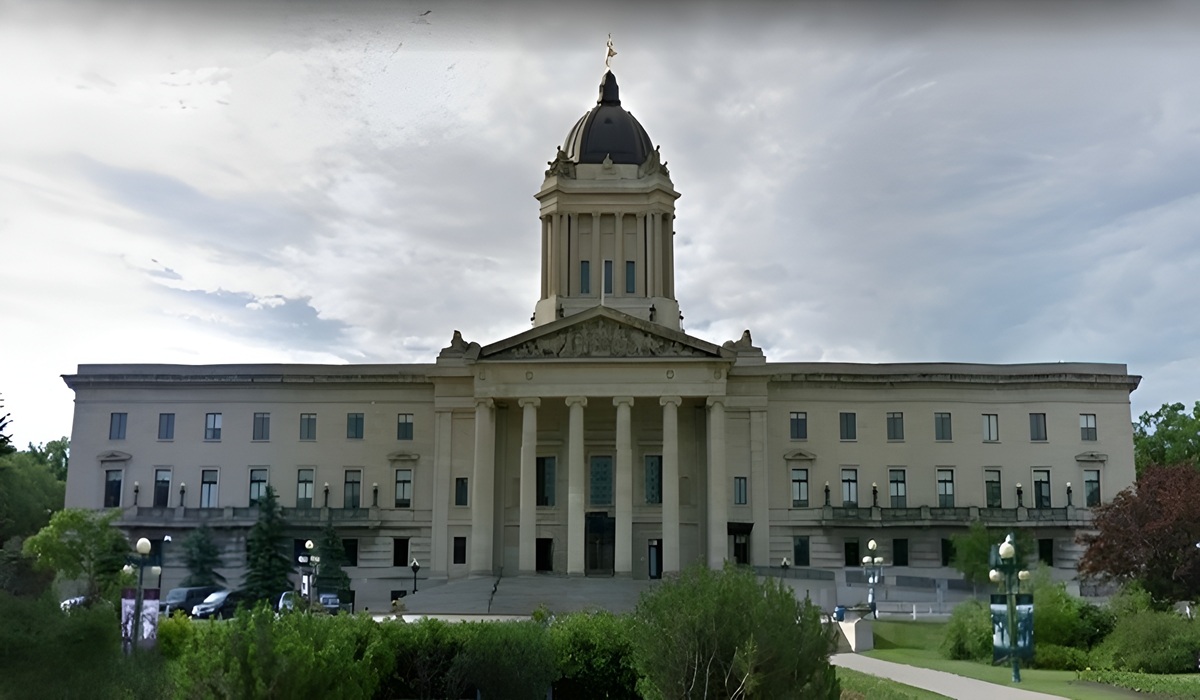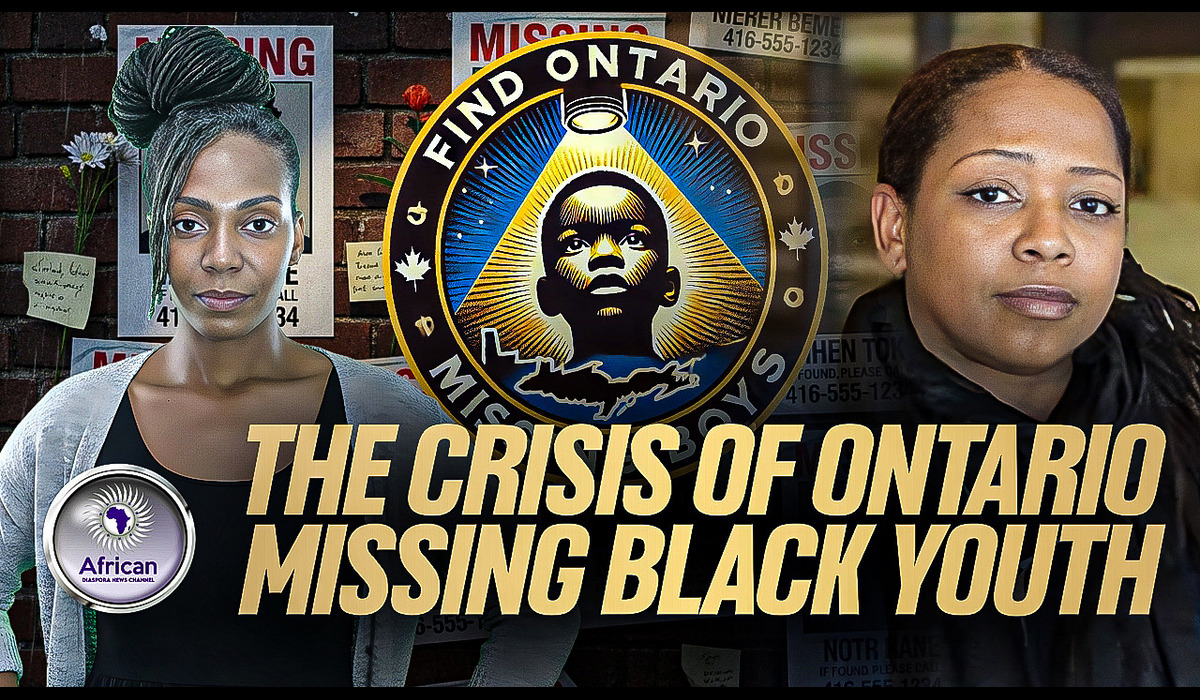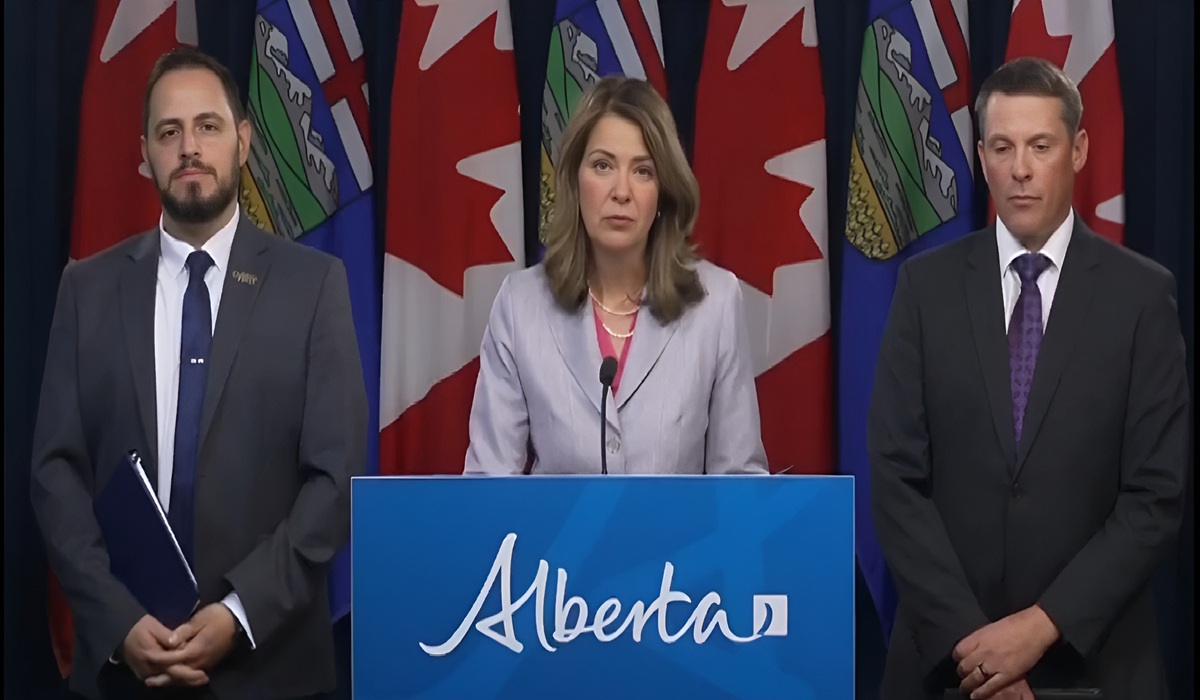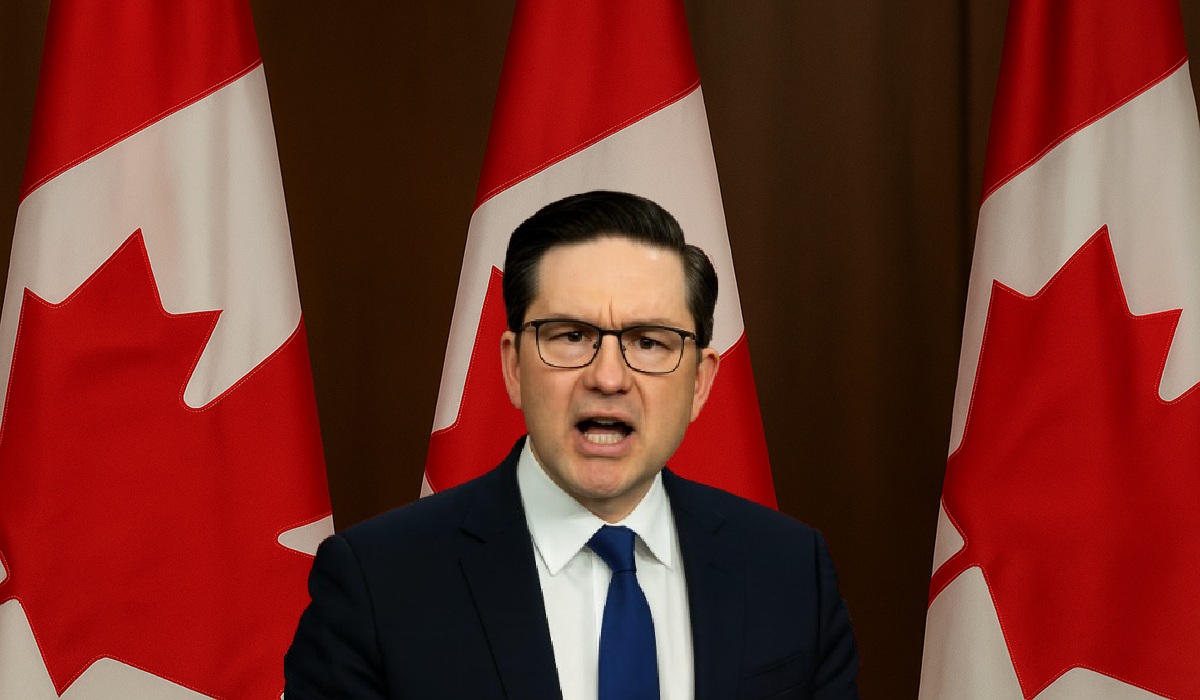Parliament Returns: What to Expect as the House of Commons Resumes
- Naomi Dela Cruz
- Canada
- September 15, 2025
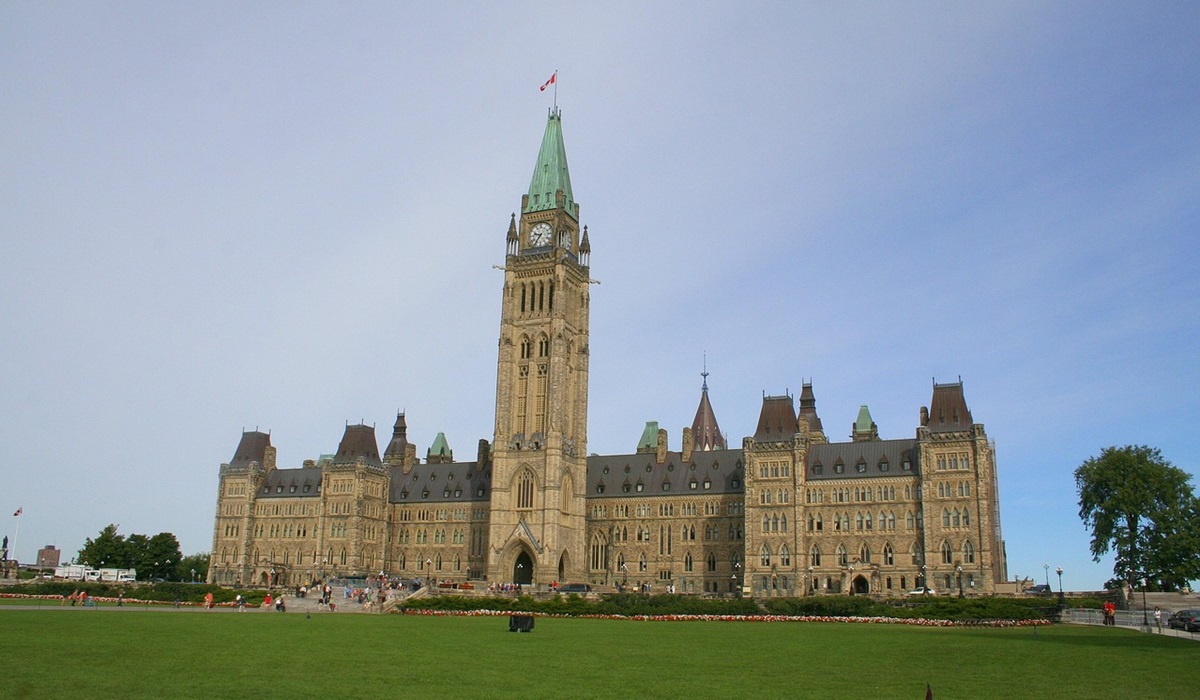
Image Credit: wnk1029
After a summer recess, the House of Commons is back in session today, and the political temperature in Ottawa is already rising. The return marks the beginning of a fall session filled with both anticipation and uncertainty, as the Liberals—once again forming a minority government, though with a slightly stronger mandate—seek to push forward an ambitious yet carefully balanced agenda.
One of the first major tests lies with the new Finance Minister, who has been tasked by Prime Minister Mark Carney to deliver the country’s budget. Carney’s instructions are telling: be ambitious, but also lean. The government will need to cut where necessary, while still investing in programs that keep pace with both domestic pressures and global economic realities. For a minority government, threading this fiscal needle will require compromise, strategy, and no shortage of political maneuvering.
Opposition dynamics will also shape how smoothly—or how painfully—the session unfolds. Pierre Poilievre is back in Parliament, this time as a representative for Alberta. The question many are asking: will he bring a different tone or strategy to his leadership? Early signs suggest not. Poilievre has promised to continue holding the Liberals to account, but critics note that his approach so far feels more like buying time than offering fresh direction. His move westward may change his riding, but it hasn’t changed his political instincts.
The Bloc Québécois, true to form, remains focused squarely on Quebec interests, while the NDP appears adrift, struggling to carve out meaningful relevance. As for the smaller green party in the chamber, its influence is negligible, its voice barely audible. The real clash, as always in a minority setting, will come from the big three: Liberals, Conservatives, and Bloc.
One sleeper issue that may quietly define the fall session is the ongoing fallout from the bill that effectively blocked Facebook in Canada. With news content stripped from one of the country’s most widely used platforms, Canadians continue to wrestle with limited access to local and national reporting. For a government promising transparency and access to information, the silence around this policy’s long-term consequences is striking. Sooner or later, the Commons will have to reckon with it.
Still, the main storyline of this parliamentary season will be negotiation. In a minority government, legislation lives and dies by dealmaking. Registrations, reforms, and key bills will all hinge on backroom agreements and concessions across party lines. As the old saying goes: in negotiation, you rarely get everything you want—but you usually walk away with something you need.
For Canadians watching from outside the Ottawa bubble, the return of Parliament brings both hope and skepticism. Hope that pressing issues like affordability, healthcare, and climate policy will see real progress. Skepticism that the familiar partisan trenches will once again swallow up meaningful action. One thing is certain: the fall session will test not only the Liberals’ ability to govern, but also the opposition’s ability to rise above rhetoric and deliver for the people they represent.

